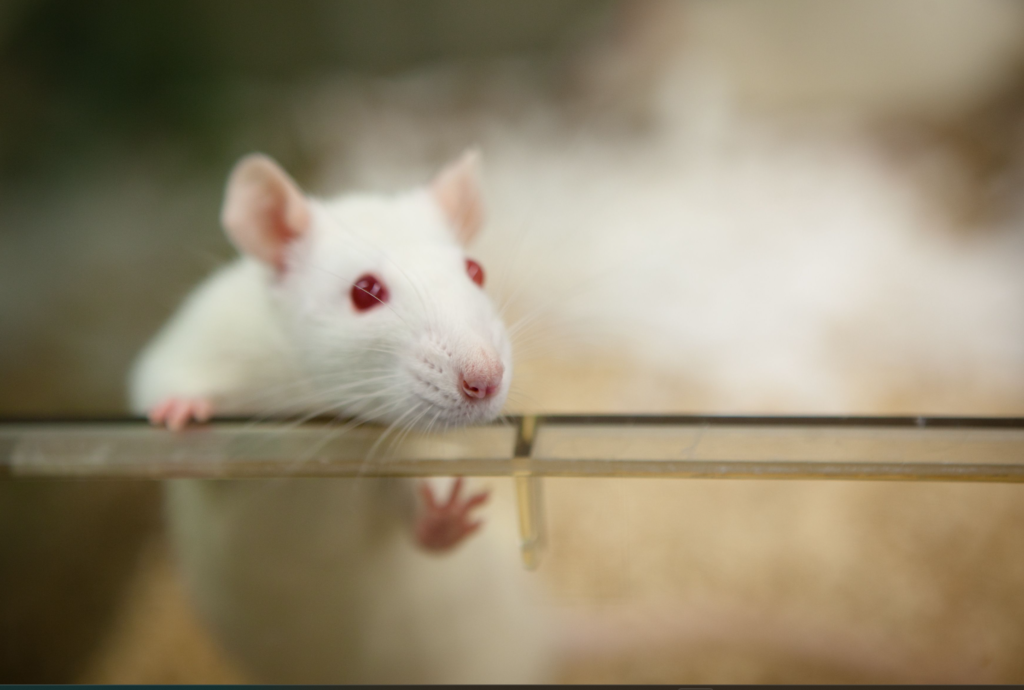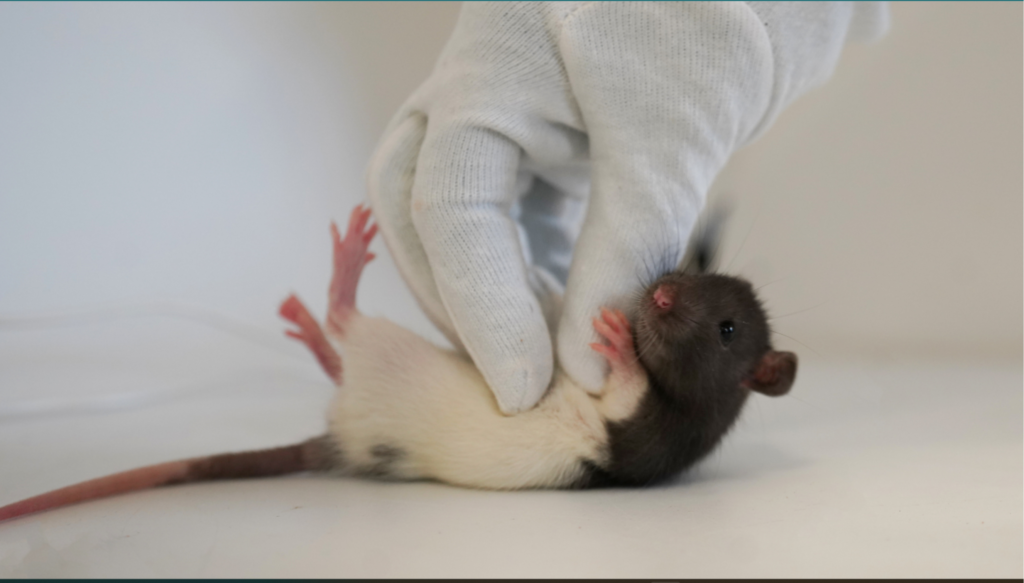Imagination, often considered a uniquely human trait, allows us to explore the past, simulate the future, and create abstract concepts. But what if we told you that imagination may not be exclusive to humans? Recent groundbreaking research has shed light on the inner workings of the rat brain, revealing that these small rodents can imagine scenarios and events, challenging our understanding of cognitive abilities in the animal kingdom. In this article, we’ll explore this fascinating discovery and its implications for our understanding of animal cognition.
Rats: More Than Meets the Eye
Rats, often perceived as pests, have long been subjects of scientific research. Their cognitive abilities and adaptability have made them invaluable in studies ranging from behavioral psychology to neuroscience. However, the recent revelation of their imaginative capacity has surprised even seasoned researchers.
The Study: A Glimpse into Rat Imagination

The groundbreaking research was conducted by scientists at Humboldt University in Berlin, Germany. They designed an experiment that allowed rats to navigate a virtual reality maze. While the rats moved through the maze, the researchers monitored their brain activity.
Imagination in Action
Also read : Having An Elderly Sibling May Make You More Susceptible To Ankylosing spondyl
What the researchers discovered was nothing short of astonishing. The neural patterns observed in the rat brains indicated that, much like humans, rats have the ability to imagine. Specifically, the rats displayed brain activity patterns similar to those seen when they explored a real-world maze, even when they were navigating the virtual environment.
Implications for Animal Cognition

This finding challenges long-held beliefs about the cognitive abilities of non-human animals. While rats have been known for their problem-solving skills, their capacity to imagine hypothetical scenarios and navigate virtual mazes is a remarkable leap in our understanding of animal cognition. It suggests that imagination might be more widespread in the animal kingdom than previously thought.
Comparing Rat and Human Imagination
While there are undoubtedly significant differences between the human and rat brain, this discovery raises intriguing questions about the nature of imagination. What aspects of imagination are shared between humans and rats, and what sets them apart? Understanding these distinctions can provide new insights into the evolution of cognitive abilities.
The Evolutionary Perspective
Imagination, in any form, can be seen as an evolutionary advantage. For rats, the ability to simulate different scenarios in their minds could aid in decision-making, problem-solving, and adapting to complex environments. In the wild, these skills can mean the difference between survival and perishing.
Future Research and Ethical Considerations
This discovery paves the way for further research into animal cognition and the mechanisms underlying imagination. It also prompts important ethical discussions about the treatment of animals in scientific experiments. Recognizing the cognitive depth of animals like rats may lead to changes in the way they are studied and cared for in research settings.

Expanding the Boundaries of Animal Cognition
The groundbreaking study on rat imagination represents a paradigm shift in our understanding of animal cognition. Imagination is often considered a cognitive domain that separates humans from other animals, but this research forces us to reconsider these boundaries. Rats, with their capacity to simulate scenarios and navigate virtual mazes, showcase the depth and richness of cognitive abilities beyond what we previously thought possible.
The Neuroscientific Quest
This discovery has ignited a neuroscientific quest to uncover the neural mechanisms underlying imagination in rats. Scientists are delving deeper into the rat brain, exploring which regions and networks are responsible for this imaginative capacity. Such knowledge not only enhances our understanding of rats but also contributes to our knowledge of neurobiology and cognition in general.
Comparing Imagination Across Species

One of the fascinating aspects of this research is the opportunity to compare imagination across species. How similar or different is the imaginative process in rats compared to humans or other animals? This cross-species examination can provide valuable insights into the evolution of cognitive abilities and how different species adapt to their environments.
Practical Applications and Ethics
While this discovery may seem abstract, it has practical applications in fields like neuroscience, psychology, and animal behavior. Understanding the cognitive abilities of rats can aid in the development of more effective animal models in scientific research. It also brings ethical considerations into focus, as we recognize the depth of cognitive abilities in animals used in various experiments and studies.
Imagination’s Evolutionary Advantage

Imagination, whether in rats or humans, is a potent tool that provides an evolutionary advantage. The ability to simulate scenarios, plan for the future, and solve problems enhances an organism’s chances of survival and reproduction. In the wild, rats that can imagine different routes through a maze or potential food sources have a higher likelihood of thriving.
The Expansive World of Animal Cognition
The revelation that rats possess the capacity to imagine is a reminder of the expansive world of animal cognition. Beyond the basics of survival and adaptation, animals, even those as unassuming as rats, exhibit remarkable mental abilities. This discovery encourages us to appreciate the complex lives of the creatures we share our planet with.

The Future of Animal Cognition Research
The study of rat imagination opens the door to a future of exciting research in animal cognition. It challenges scientists to explore the boundaries of imagination in other animals and pushes the envelope of what we know about intelligence and problem-solving abilities across the animal kingdom. As we continue to uncover the secrets of animal minds, we gain a more profound appreciation for the diversity and depth of cognitive life on Earth.
Conclusion
The revelation that rats possess the capacity to imagine, similar to humans, transcends scientific discovery. It prompts us to reevaluate our understanding of the cognitive abilities of animals and challenges the perceived boundaries of imagination. Rats, in their imaginative feats, offer us a glimpse into the intricacies of the animal mind, inviting us to embrace the astonishing world of animal cognition.
Also read : Deadly Dust: The True Cause Of The Dinosaur Extinction Following The Asteroid Impact




































